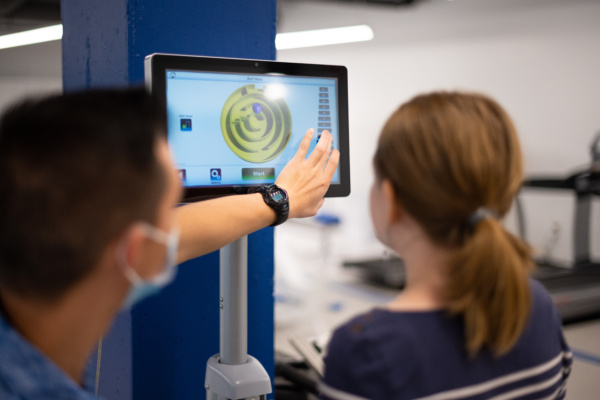As I decided to take on the challenge to write about time management, my mind was already skipping around to everything else except writing this article in the three and a half weeks till deadline. My name is Daniel Peña, and I’m a recovering procrastinator.
All through elementary, middle, and high school, I was the kid who could get a good grade without studying more than a few minutes before the test; I’m a fast learner. As much as that worked for me, it created habits in my life . . . and not the good kind. Naturally, those habits enrolled with me in college. I quickly realized that something was not the same, but I failed to make changes. It took me too long to realize a very important fact: college is not high school. Yes, I knew I wasn’t in high school anymore. But I hadn’t realized the consequences. The way I earned my good grades halfheartedly and without effort was not going to work here. That meant some things had to change.
Time and Hard Work
I had to take time to work on every class. I had to read, actually read. Homework was time-consuming and tests were very difficult, and very seldom were they just facts, so I had to put in a lot of time and effort. These time demands may seem obvious to some, but they overwhelmed my life, and they shook the way I was living. TV and video game time evaporated. I had to start saying no; no to hanging out all the time, no to sleeping every time I had a chance, no to scrolling through Instagram for hours.
Planning
Another big change for me was planning. I’m not a planner by nature, but planning is vital for every college student. Before I got serious about planning, I would mentally plan to do school work all day, but it never seemed to happen. Every single time, something would come up, and school would get the back burner. I’m with Murphy when I say that if something can come between you and school, it will! I had to choose not to allow those interruptions to happen. Having a daily planner helped, but only if I planned for study time; I had to study for a certain amount of time every day as regularly as I had to go to class.
Task Management
I also began using a task manager. There are endless apps for your phone, computer, or tablet that can help you organize your tasks. Or if it works better for you, use a physical planner and a to-do list. The point is to write down assignments and their due dates, and to look at that list constantly so you don’t remember at 11:50 p.m. that you have a quiz due at midnight (been there, done that!)
Food and Rest
While trying to implement the previous three things, I had to remind myself that I am not superhuman. I need rest and food. When time is short, and you’re desperate to get things done, it’s easy to get so caught up in task mode that you forget about your body’s needs. But if you fail to give your body what it needs, it will fail you. Go to breakfast or eat something before class. Try to sleep at least six hours a day. Take breaks between long periods of studying. Your body will appreciate it.
For some people, just knowing these things is enough. For me, it took more than mere knowledge to make change happen in real life. It took someone to help me put that knowledge into practice and keep me accountable. Find someone who can encourage you consistently. It could be your friend, your RA, or your advisor. Find a way that works for you and your grades and commit to it. God has given us time to manage. By organizing ourselves and making the most of our time, we bring glory to Him.








